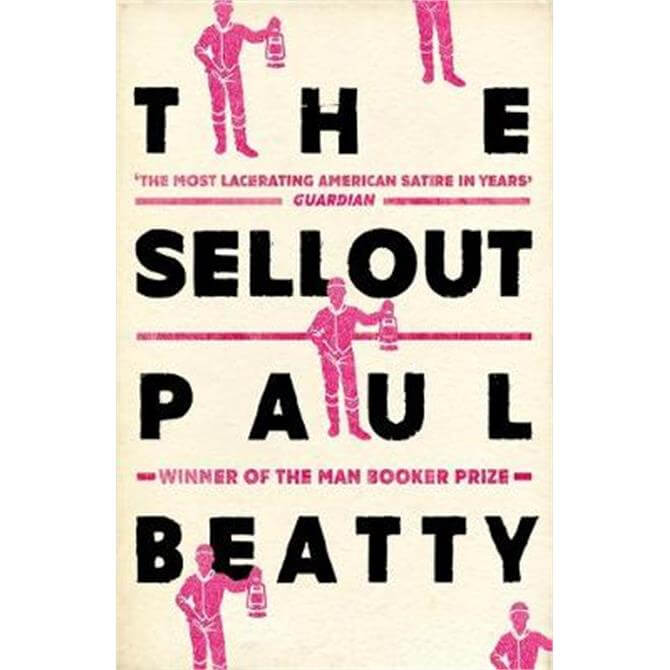
(Joke’s on them Dear You is now hailed as a classic.)

What many of the hardcore fans didn’t realize was that Jawbreaker would have broken up had they not signed their major-label move was a last-ditch effort to save the band. When they released 1995’s Dear You, it was initially met with hostility, and the band broke up not long after its release. For years, the band had forthrightly declared that they would never sign to a major. When they signed to Geffen in 1994, it was seen as the ultimate betrayal. They built their following organically and developed a devoted fanbase. Borne from the staunchly independent Bay Area underground, Jawbreaker were darlings of the punk scene. Jawbreaker’s story would come to be used as evidence of how the majors ruin independent bands. Of course, a few of the stories in Sellout turned out to be cautionary tales. (The sole exception, Jimmy Eat World, were unknowns outside their little Arizona scene “we didn’t sell out because we had nothing to sell,” says drummer Zach Lind.) Furthermore, moving to a major would allow the bands more ability to grow creatively, given the wider availability of both studio time and production opportunities-things that any so-called fan should see as win-win. They’d peaked at the independent level small labels like Lookout and Eyeball could only do so much, and the demand would have been more than they could handle. For all but one of the groups in Sellout, going to a major wasn’t just a realistic decision-it was essential. People who cried “sell out” missed the point and fundamentally misunderstood the band’s point of view.

Author Dan Ozzi explores this concept in great detail with his fantastic new book, Sellout: The Major-Label Feeding Frenzy That Swept Punk, Emo, and Hardcore (1994–2007). They don’t want to share with the rest of the world, or they fear losing that special connection. When major labels come in to offer them the potential of a wider audience, the loyal fanbase feels betrayed. Those who were there in the beginning often feel a special bond with their faves.

Playing small shows to few people, bands and artist build their fanbase through personal interaction and word-of-mouth.

Bands and artists build up followings through hard work and determination. Search Sellout: The Major-Label Feeding Frenzy That Swept Punk, Emo, and Hardcore (Mariner Books) By Joseph Kyle įor decades, such an insidious and often absurd concept has haunted and plagued the music world.


 0 kommentar(er)
0 kommentar(er)
